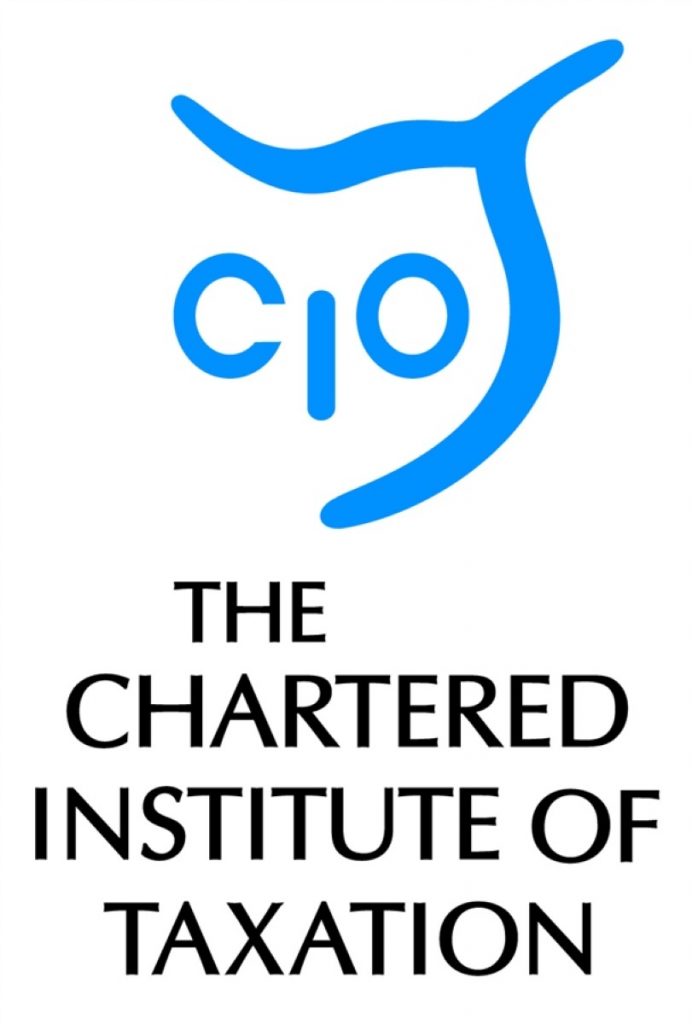UK tax system trapping low-paid workers in travel tax relief schemes
A new report by the Low Incomes Tax Reform Group (LITRG) will highlight the plight of temporary low-paid agency workers who turn to confusing and costly umbrella arrangements to claim tax relief on travel expenses.1 Such arrangements have flourished in part because our current suite of tax rules does not provide travel expense relief to such temporary agency workers, even though they may be doing the same work as those with a continuing employment who may claim the relief.
‘Pay Day by Pay Day’ (PDPD) schemes are a type of ‘umbrella’ arrangement.2 Under an umbrella arrangement, temporary workers who incur travel expenses receive ‘relief’ on those expenses because it converts a series of short-term agency posts into temporary workplaces under a single contract of employment. These are then ‘allowable’ expenses.
In a PDPD-style umbrella scheme, the employer applies this relief to the amount of expenses which the employee has incurred each pay day, with the effect that only the balance of their wages is subjected to Income Tax and National Insurance. The umbrella employer also benefits from paying reduced class 1 secondary national insurance contributions, and usually deducts a fee from the workers’ pay packets for operating the scheme.
In 2011, HMRC declared PDPD schemes ‘non-compliant’, stating that they were ‘seeking to identify those businesses currently operating pay day by pay day relief models.’ In spite of this, LITRG’s research indicates that HMRC have not taken any PDPD operators to task. Indeed, up to 37% of those offering ‘umbrella schemes’ could still be taking on workers under PDPD-style arrangements.3
Commenting on the report, LITRG Chairman Anthony Thomas, said:
“HMRC have neglected to properly address the PDPD phenomenon. In the void, and with little in the way of ‘consumer protection’ guidance for the workers, the schemes are well in use. Yet when the tax ‘savings’ sold to them by scheme promoters are reversed by HMRC’s automated P800 calculation process, workers can find themselves worse off than had they not joined the scheme at all.
“The workers may be just out of school – perhaps even encouraged into agency work by the JobCentre; they may be adults with lower levels of education, or migrants without good English. Whatever their circumstances, they generally all have one thing in common – they are clueless as to what they are signing up to in the first place; and then even more so when later approached by HMRC for underpaid tax.
“With the publication of this report, we hope to shed light on the problem. In our view, the time has come for the authorities to not only tackle the immediate, unsatisfactory situation regarding PDPD, but also to take a holistic look at what is driving workers to use these schemes in the first place. One of these factors is most certainly the gaps in the underlying tax and national insurance rules on travel expenses. Another is workers’ fear of sanctions and loss of benefits if they refuse work, even if it is offered on terms they do not understand. This means that a joined-up approach is needed across government, and we stand ready to offer guidance and expertise.”
Notes to Editors
1. The report of the Low Incomes Tax Reform Group, Travel expenses for the low-paid – time for a rethink? can be read in full, here.
2. Umbrella arrangements provide a framework within which an agency worker’s successive work locations can be turned into ‘temporary workplaces’ for the purposes of meeting s338 ITEPA 2003 (meaning they can claim relief for travel expenses).
3. HMRC’s statement on the ‘legality’ of PDPD can be read here.





-01.png)